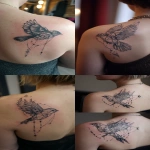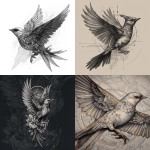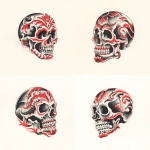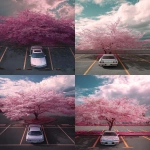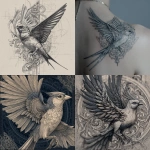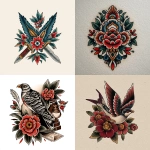Explore the Best AI Image Gallery
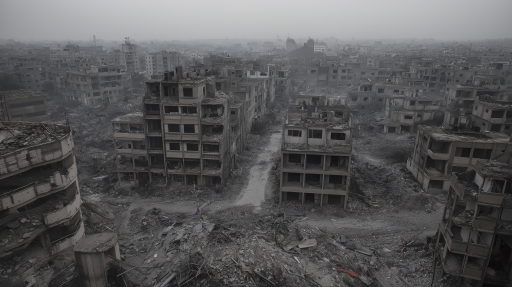
The Evolution of AI Image Creation Tools: Empowering Artists and Redefining Visual Narratives
In recent years, AI image creation tools have surged in popularity, reshaping the way artists and designers produce visual content. These tools, powered by advanced algorithms and machine learning, offer remarkable capabilities that not only streamline the creative process but also open up new avenues for artistic expression. This blog post will explore the various aspects of AI image creation tools, including their impact on the creative industry, potential uses, ethical considerations, and future trends.
Impact on the Creative Industry
AI image creation tools have democratized the production of visual content, allowing artists of all backgrounds to explore and experiment without the barriers traditionally associated with art creation. These technologies can generate images based on text prompts, enabling anyone to create professional-quality visuals quickly. As a result, individuals and businesses can produce images for marketing, branding, or personal projects without needing extensive design skills. This shift has led to an increase in the quantity of visual content available online, enhancing the overall quality and accessibility of art.
Potential Uses of AI Image Creation
The versatile applications of AI image creation tools span numerous industries and creative fields. Here are some notable uses:
- Marketing and Advertising: AI-generated images can create eye-catching visuals tailored to specific audiences, thus enhancing marketing strategies and improving engagement rates.
- Game Design: Game developers are increasingly using AI to generate backgrounds, characters, and even entire environments, making the design process more efficient and innovative.
- Entertainment and Media: From creating unique artwork for films to producing album covers, AI tools are revolutionizing the entertainment industry.
- Education: In educational settings, AI image generation can help simplify complex concepts for students through insightful visual representations.
- Medical Imaging: AI tools can aid in visualizing medical data, improving diagnostics through clearer representations of biological structures.
Ethical Considerations
As with any transformative technology, ethical concerns emerge alongside the proliferation of AI image creation tools. Key considerations include:
- Copyright and Ownership: The debate over who owns the rights to AI-generated images is ongoing. Should the creator of the algorithm be attributed, or is the user the rightful owner of the generated content?
- Misuse of Technology: AI-generated images can be manipulated for deceptive purposes, such as creating deepfakes or misleading news graphics, which raises significant ethical issues.
- Representation and Bias: AI systems learn from existing databases of images, and if these databases lack diversity, the output may perpetuate stereotypes and bias, effectively marginalizing certain groups.
- Authenticity: As AI tools continue to evolve, determining the authenticity of art becomes more complex, challenging traditional definitions of creativity and originality.
Future Trends in AI Image Generation
The future of AI image creation tools is promising, with several emerging trends that will likely shape the creative landscape:
- Integration with Augmented Reality (AR) and Virtual Reality (VR): Combining AI with AR and VR can lead to immersive experiences where users interact with AI-generated elements in real-time, fostering deeper engagement.
- Personalization: As technology advances, we can expect AI tools to offer increasingly personalized image generation, catering to individual styles and preferences.
- Collaboration between Human Artists and AI: Collaboration may become the norm, with artists using AI to enhance their work rather than replace traditional techniques, creating a hybrid approach that values both human creativity and machine efficiency.
- Ethical Frameworks: As concerns grow, the development of ethical standards and guidelines will be crucial to ensure responsible use of AI-generated images.
In conclusion, AI image creation tools are not just a passing trend but a significant evolution in the creative landscape. They offer novel capabilities that empower creators, challenge traditional artistic values, and introduce new ethical dilemmas. As we navigate this exciting terrain, it is essential to maintain a dialogue around the implications of these technologies to ensure a balanced and inclusive future for all artists and creators.
](https://images.ai-img.art/thumbnails/150/024a13ae047c60649b5e7b4f5a71cb7e8a0e8838266fedbd1cb342ac1d2e951c.webp)
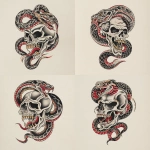
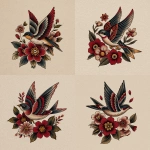

](https://images.ai-img.art/thumbnails/150/6917eea85c775b7876cfba66dfdcae79d6f026ca442f0dfa77824f5af58cfbb0.webp)
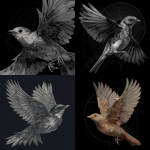
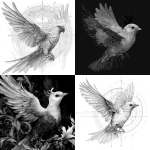
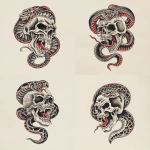
](https://images.ai-img.art/thumbnails/150/bc924c2b4ba958c2aabf177b116f47053317904ae6e56b84db3f7dc2d666c080.webp)
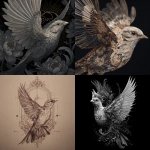
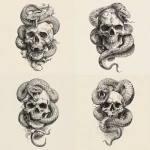
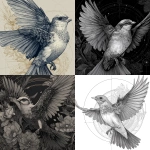
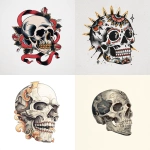

](https://images.ai-img.art/thumbnails/150/5f48fc91b83cfbe17932638af412d0c3a1649ed43692e334aa8cfb9b653153d0.webp)
](https://images.ai-img.art/thumbnails/150/4a7a4d6bca6b537f112483b9db13c7dfe541bb35fd8a022bdd131714cc60622a.webp)
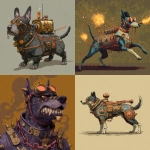
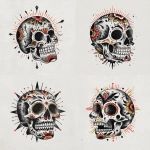
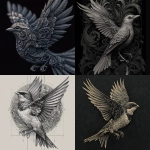
](https://images.ai-img.art/thumbnails/150/a2e728c4e462bef482c106719df04081c360d4444d4d154c22318725b7bcb124.webp)
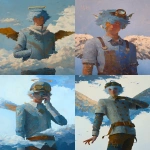
](https://images.ai-img.art/thumbnails/150/3478bd7a5bba66ae70209eef4f2b09837ef09ca033a7511ea86692824661b0a8.webp)
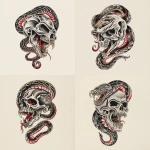
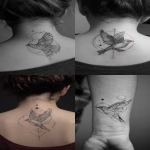
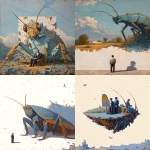

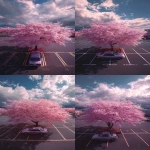
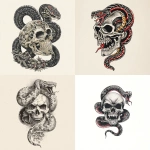

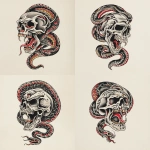
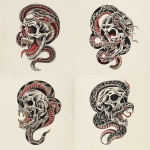


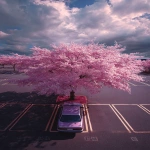

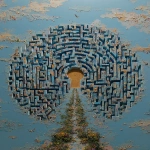
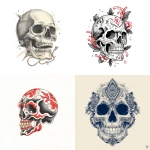
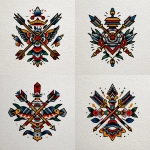
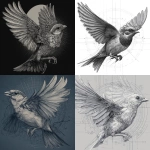
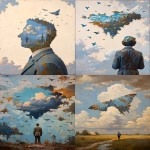
](https://images.ai-img.art/thumbnails/150/815d563985dccec04e21f9a9fa89f09cadc6693be7c6d8ab87defff2b61d417e.webp)

